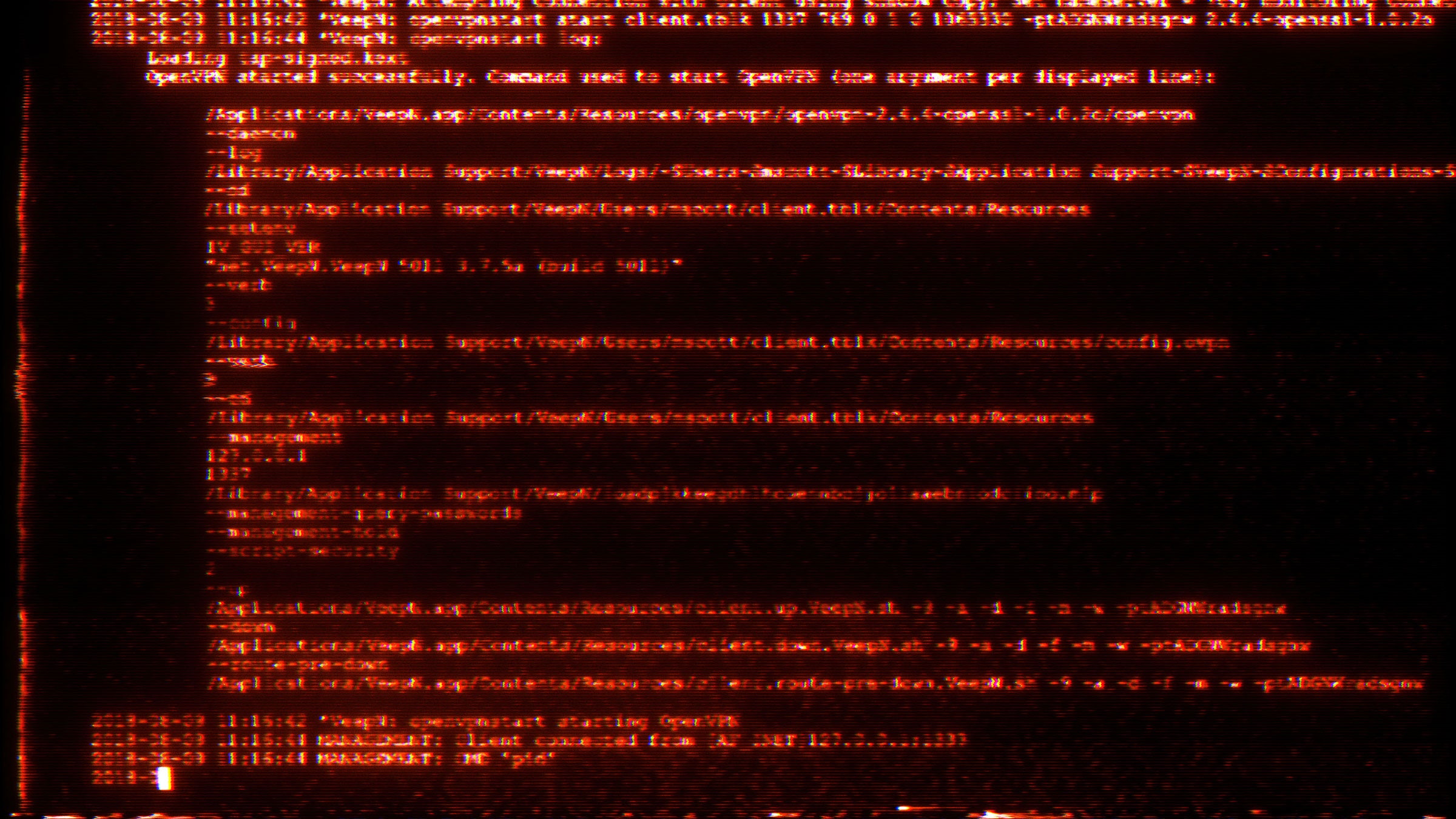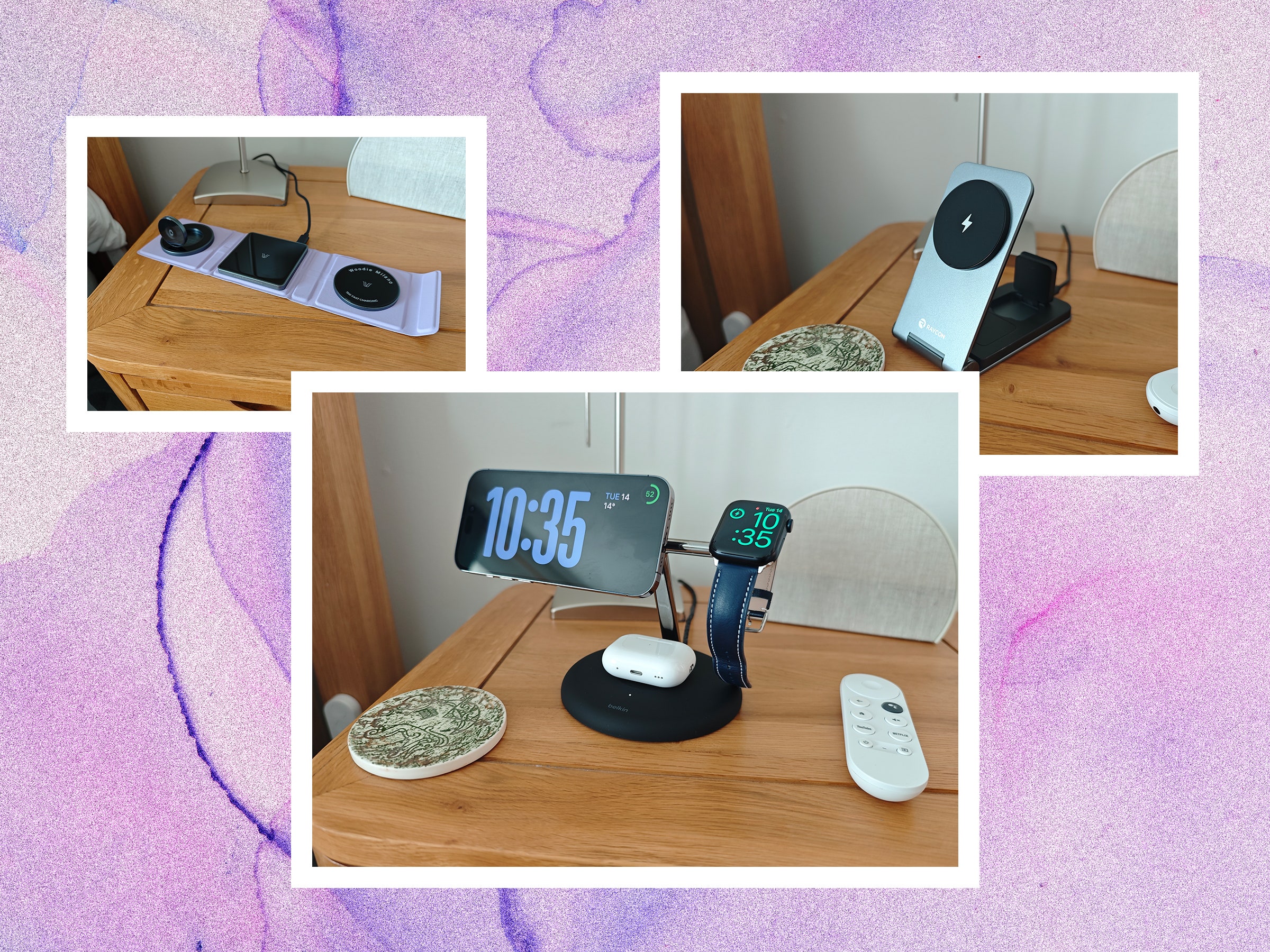Donations Make us online
Find your passion and follow it, say these researchers, but be aware the path to a successful research career isn’t always straightforward.
When SiliconRepublic.com spoke to some of Ireland’s many sci-tech researchers for a piece about the ups and downs of a career in academia, we also asked them for some advice for others hoping to break into the research sector.
Here is what they said.
Do it!
Prof Mathias Senge, professor of organic chemistry at Trinity College Dublin, was emphatic in his recommendation of the career. “It is one of the most rewarding careers being able to pick one’s own work topics and interests. I always say, ‘I am getting paid for my hobby’.”
Find your passion
Dublin City University’s David O’Connor advised people to find what they are really interested in – enough to dedicate their career to it. “Choose a research field that genuinely interests and inspires you. Passion will drive you through the challenges and setbacks inherent in a research career.”
Take opportunities
“Take as many opportunities as you can, especially when you’re young,” said University College Cork environmental scientist Dr Jean O’Dwyer. “You’d be surprised where they take you and what doors may open. Enjoy it and never stop learning.”
Plan but not too much
Senge said it is important to keep in mind that research “is not a standard job”. It requires careful choices such as what institution you opt for and what advisers you choose to guide you. Despite the need to consider these factors carefully, Senge said he thinks an academic career “is not something which can be planned, as it depends on research success, connections, changes in funding and hiring strategies etc”.
Embrace failure
Following on from Senge’s point, O’Connor added that research can involve “setbacks and failures”. This is true for all academics, he said.
“Experience is the name everyone gives to their mistakes. Learn from these experiences and adapt your approach and persist in the face of challenges. Perseverance is key to success in research.”
He also advised that early-career researchers seek out more experienced colleagues who can guide and mentor them. “Their expertise and advice will be invaluable in shaping your research direction, allowing you to navigate the pitfalls that could derail you early on. Learn from their mistakes.”
Collaborate with others
O’Dwyer said her “number one piece of advice is to collaborate”. She pointed out that someone working in a similar area in another institution could be your best collaborator “not your competition”.
“Embrace your research similarities and see if you can work together to do great things. No (wo)man is an island. Meet different people – the most exciting science often lies in the space between two disciplines, so challenge yourself to talk to people outside your field and see where that goes.”
O’Connor also emphasised the importance of collaboration. “Engage with fellow researchers, go to conferences and participate in workshops or seminars. Networking can lead to collaborations, exposure to new ideas and potential career opportunities. Some feel that their ideas will be taken if they share too much. In my experience, this rarely if ever is a true concern and certainly does not outweigh the upside of collaboration.”
10 things you need to know direct to your inbox every weekday. Sign up for the Daily Brief, Silicon Republic’s digest of essential sci-tech news.
Source link











Leave a Reply